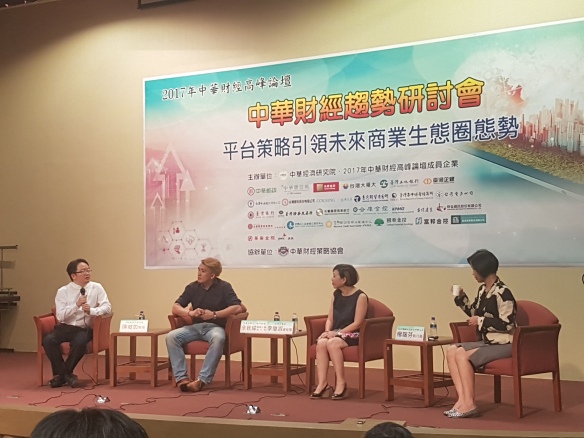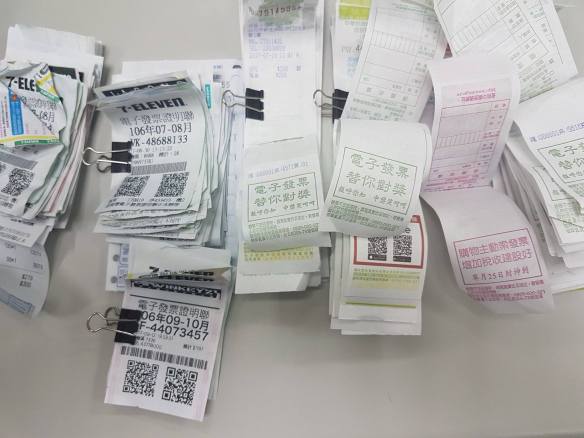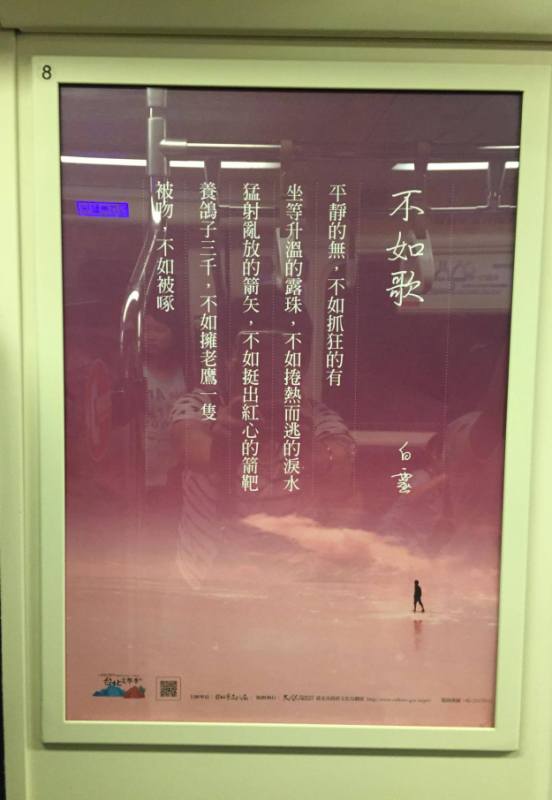So there have been rumours that some establishments that shall not be named here, are asking foreigners to provide a passport and their entry and exit records for the last few months. What better way to annoy these establishments than to actually provide them without leaving the comfort of your own home or spending an hour or two in the queue at the Immigration Office. If you have an Alien Citizen Digital Certificate, you can apply for your entry and exit records online for free (while the epidemic continues). Simply follow the steps below (fire up your card reader though, there’s no option to use the FIDO app to log in).
Navigate to this page on the National Immigration Agency’s website (it must be the English site as the Chinese version only recognizes Taiwanese IDs).
Choose “Certificate of Entry and Exit Dates” as below:
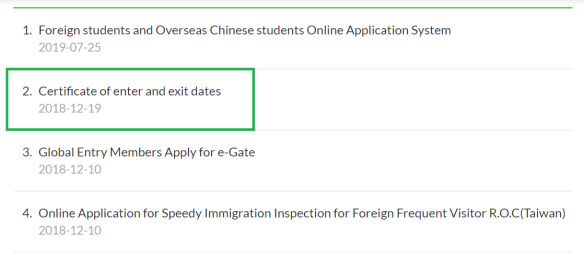
You’ll get a pop-up which will try and check your system, so ensure you have your card reader attached and your Alien Citizen Digital Certificate plugged in. You can dismiss this pop-up and you’ll see the following page:
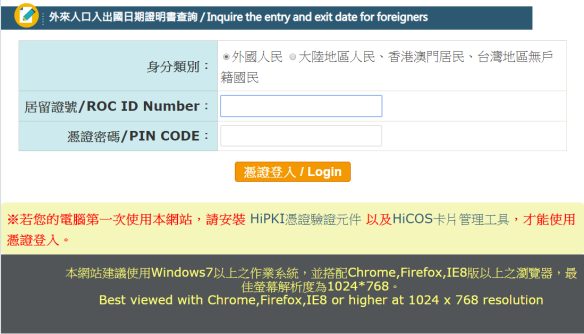
Make sure 「外國人民」 (Foreigner) is ticked and then enter your ARC number and your Alien Citizen Digital Certificate pin.
Then you’ll be asked if you want your entry and exit records in the span of two specific dates or just your latest entry and exit dates. I chose the latter, as part of my cunning plan:

Next, you’ll get your entry records, but they’ll probably be somewhat off-centre as below:
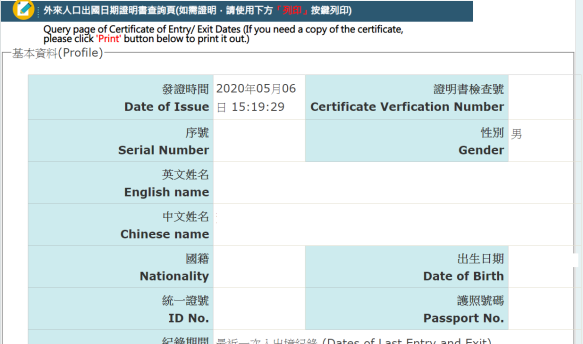
If you navigate to the bottom of this, you’ll see the option to view tables which you can click. You can then print to PDF and print later at a 711, or if you’ve got a color printer at home (get you!) then you can print right away:
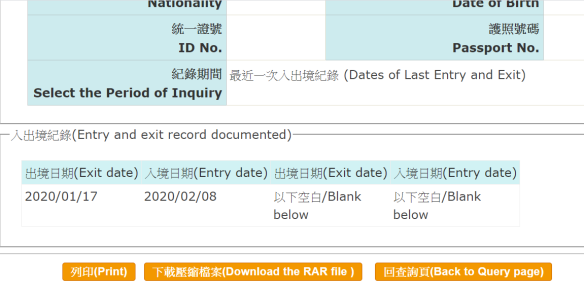
If you download it as a rar file, your password will be your ARC number + your date of birth in the format YYYYMMDD.
Once you print it, it should look something like this:
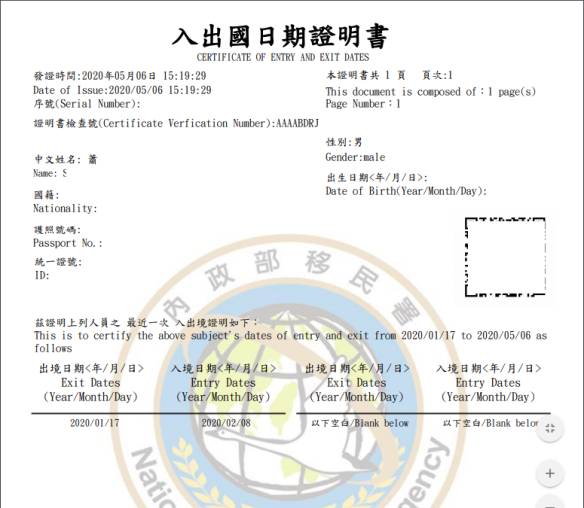
Complete with the NIA watermark, and the owner of said establishment will have to find some other reason to reject you (that’s not suitable footwear, mate, sorry, can’t let you in).


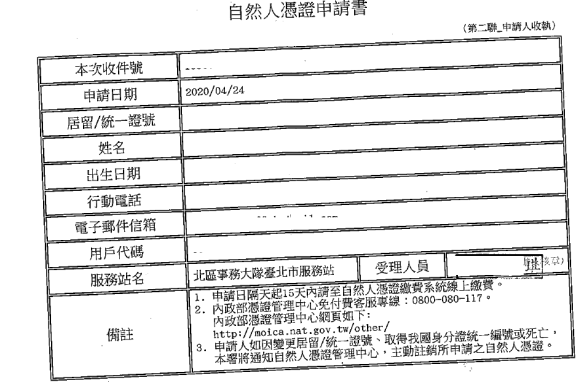
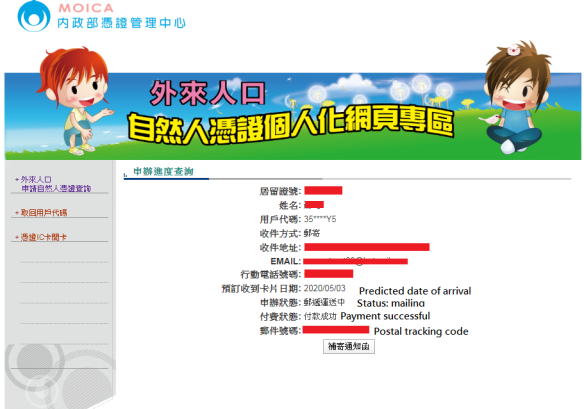
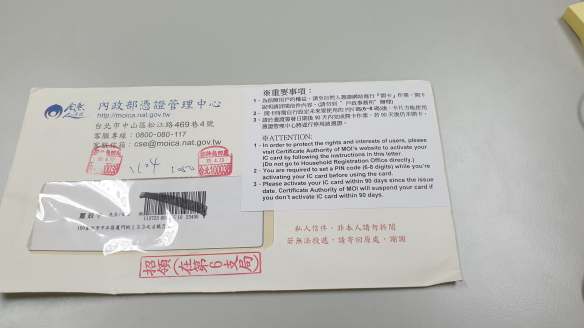
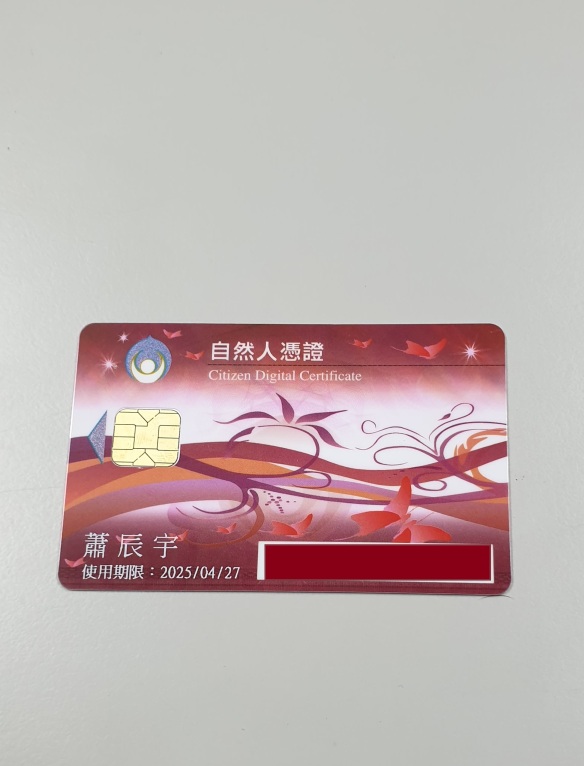
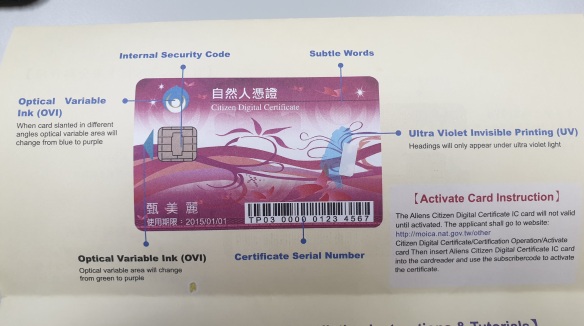
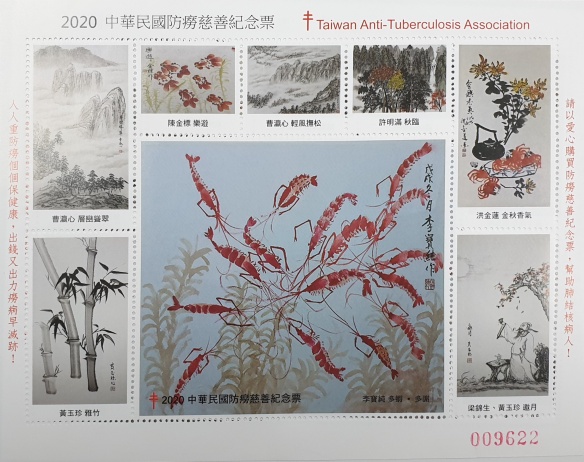
 One of the great things about living in Taiwan is that when political leaders make speeches, like the speech made by Xi Jinping on Jan. 2, there is a flurry of discussions and critique on political panel shows and on social media, and people aren’t scared to express their own opinions on them. This is also a great learning opportunity, as people are more likely to come out with an interesting turn of phrase when they’re not being overly careful about what they’re saying.
One of the great things about living in Taiwan is that when political leaders make speeches, like the speech made by Xi Jinping on Jan. 2, there is a flurry of discussions and critique on political panel shows and on social media, and people aren’t scared to express their own opinions on them. This is also a great learning opportunity, as people are more likely to come out with an interesting turn of phrase when they’re not being overly careful about what they’re saying.
